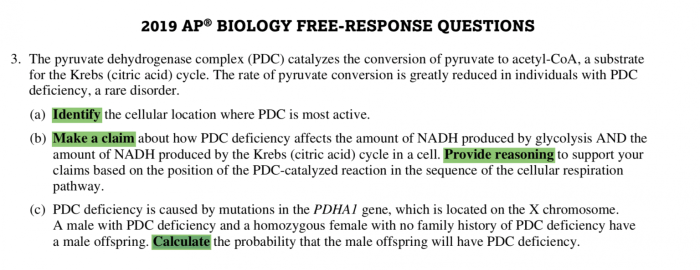Unit 1 Progress Check FRQ AP Biology is a crucial assessment that provides students with an opportunity to gauge their understanding of foundational concepts in biology. This guide will delve into the purpose, content, format, and study strategies associated with the progress check, equipping students with the knowledge and skills necessary for success.
Covering key topics such as cell structure, function, and metabolism, the progress check challenges students to apply their knowledge to novel scenarios, fostering critical thinking and problem-solving abilities.
Introduction

The Unit 1 Progress Check Free Response Question (FRQ) in AP Biology is a formative assessment designed to evaluate students’ understanding of the fundamental concepts covered in the first unit of the course. This assessment serves as an opportunity for students to demonstrate their ability to apply their knowledge and scientific reasoning skills to real-world scenarios.
The key concepts addressed in Unit 1 include the process of science, the characteristics of life, the structure and function of biological molecules, and the cell as the basic unit of life. These concepts provide a foundation for understanding the more complex biological processes that will be explored in subsequent units.
FAQ Resource: Unit 1 Progress Check Frq Ap Biology
What is the purpose of the Unit 1 Progress Check FRQ AP Biology?
The progress check is designed to assess students’ understanding of key concepts covered in Unit 1 of the AP Biology curriculum, providing feedback on their strengths and areas for improvement.
What types of questions are included on the progress check?
The progress check typically includes a variety of question types, such as multiple-choice, short answer, and essay questions, designed to evaluate students’ knowledge and analytical skills.
How can I effectively prepare for the progress check?
Effective preparation involves reviewing class notes, completing practice problems, and seeking clarification on challenging concepts. Additionally, utilizing resources such as textbooks, online simulations, and study groups can enhance understanding.

